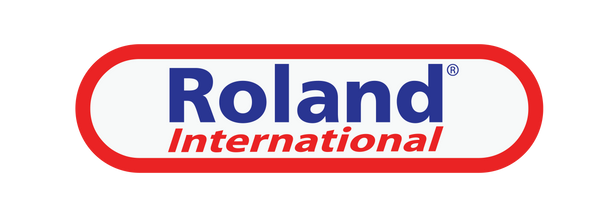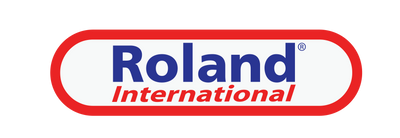Bulging cargo is no longer a bump in the (rail)road
August 18, 2023

Bulging cargo no longer auto rejected
Previously, trailers with only a small dent or bump in the tilt were usually rejected by rail operators. Those dents and bumps could be an early sign of a bulging load and thus a risk for rail traffic. Rail operators are not allowed to break the seal and open the corresponding trailers to evaluate the true risk so the only solution left was to reject them.

Rail Operators
As you can imagine however, not all dents and bumps indicate loading issues. Goods might be secured perfectly while a ratchet of a strap pushes slightly against the tilt, making it noticeable from the outside. Such and similar cases unfortunately lead to trailer rejection. Understandable – as rail operators are “rather safe than sorry” – but often unnecessary with dissatisfied customers as a result.

UIC Certificate
These practices now belong to the past! The UIC (International union of railway) has documented trailer constructions that are equipped for loads having the tendency to settle and bulge within the IRS (International Railway Solutions) framework. Such loads (like: tyres, bales of hay or straw, bags of granules,…) can safely lean against the sides of the trailer without risking the trailer to bulge and expand past its maximum allowed total width.
Bulging cargo is no longer a ‘bump in the (rail)road’! Our XLS Curtains are now officially allowed to transport loads that settle and bulge across all European railways.



